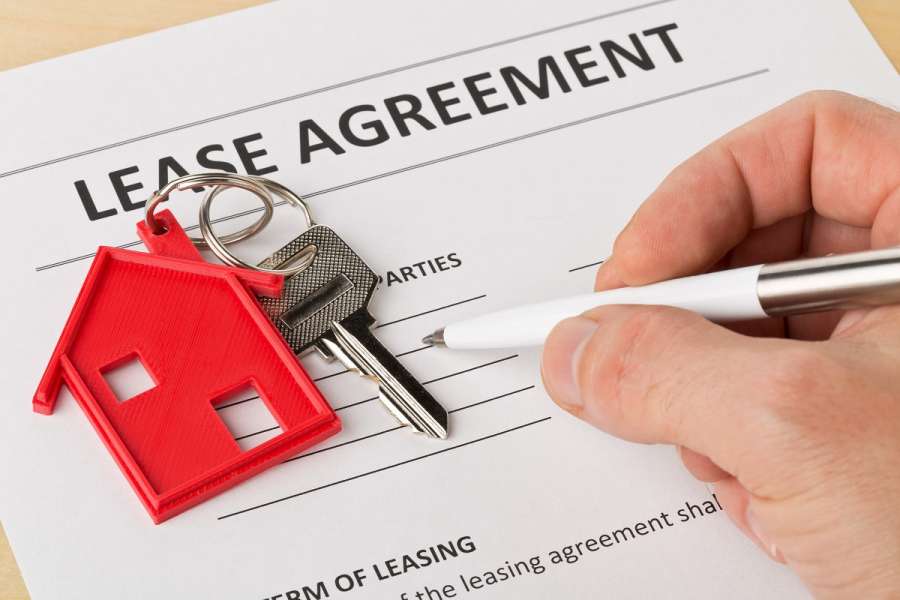The procedure for extending your lease is set out in the 1993 Act and has strict timescales. The first step would be to serve a section 42 notice. However, to do this, you must have instructed a surveyor to determine the valuation, as the premium you believe is payable needs to be included in the notice.
Once the section 42 notice has been served, it has the consequences of you not being able to serve another notice whilst that one is in force. If the notice is withdrawn, no further notice can be given for 12 months.
You (and any joint leaseholders) should sign the notice. However, case law has suggested that you can authorise an agent to sign the notice. You can serve the notice in person or post it to the landlord's last known address in England and Wales.
The landlord must serve a notice in reply within at least two months after the service of the tenant's notice, which is referred to as a counter-notice.
Any landlord has the right to access the flat for valuation purposes, and they may require the tenant to pay a deposit and deduce title.
The landlord can ask for a deposit of greater than £250 or 10% of the premium or other sums payable as proposed in the tenant's notice.
If the landlord admits your claim in the notice in reply, the procedure to follow is governed by the regulations, which set out the conditions of sale. These apply as well to the negotiations to agree to the price.








